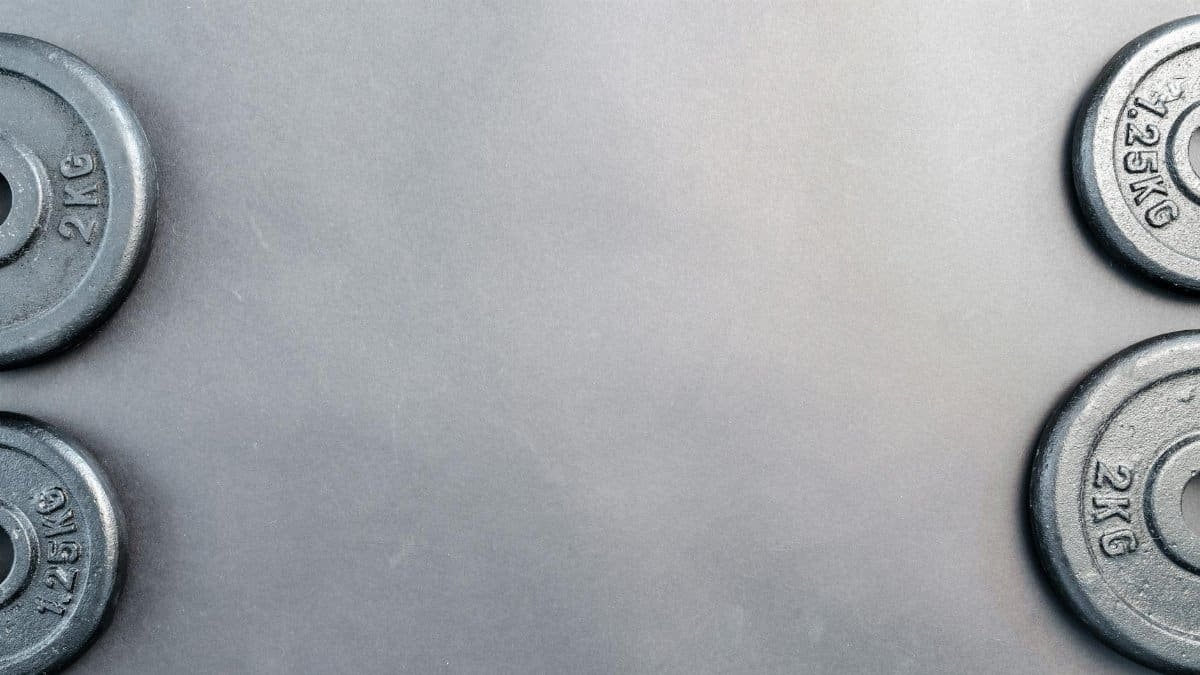Imagine a typical morning in a bustling Chicago coffee shop, where a diverse crowd of professionals and students huddles over laptops and smartphones. Amid the clatter of cups and murmured conversations, many are not scrolling social media but engaging with something more purposeful: working memory apps. These digital tools, designed to boost cognitive skills in just a few minutes, have become a quiet trend among those seeking sharper focus in a distracted world. As the pace of life accelerates in 2025, the appeal of quick brain-training exercises is undeniable. From parents juggling schedules to workers navigating endless tasks, the promise of enhanced mental clarity resonates. But how effective are these apps, and which ones stand out? This article uncovers 10 standout options that claim to strengthen working memory in as little as five minutes a day, exploring their features and real-world impact.
1. Lumosity: A Pioneer in Brain Training

Lumosity has long been a household name in cognitive training, often popping up in conversations about mental fitness. Its suite of games targets various skills, with several mini-exercises explicitly designed for working memory. Think of challenges like remembering sequences of tiles or tracking moving objects—tasks that feel deceptively simple but grow tougher with each level. Users can squeeze in a five-minute session during a lunch break, customizing their training to focus on memory gaps. Research, including a study summarized by NCBI, suggests that while results vary, consistent use may yield modest gains in memory retention for some. Beyond data, the app’s playful interface keeps users coming back, turning a daily grind into a quick mental escape.
Yet, not everyone’s sold. Online discussions often reveal mixed feelings, with some users noting a plateau after initial progress. Still, Lumosity’s adaptability makes it a strong starting point for beginners curious about working memory apps in 2025.
2. Peak: Personalized Memory Challenges

Peak stands out with its tailored approach, adapting to a user’s performance in real time. Its memory-focused games, like “Memory Matrix,” ask players to recall patterns under time pressure—perfect for a five-minute brain jolt. The app’s sleek design and daily workout reminders nudge users to stick with it, even on hectic days. A report from Psychology Today highlights that personalized feedback, a hallmark of Peak, can enhance engagement, though long-term benefits remain under study. Users often describe a sense of accomplishment when scores climb, a small but motivating win.
The app isn’t flawless—some find the subscription cost steep for casual use. But for those committed to quick, targeted sessions, Peak offers a dynamic way to test and train working memory.
3. Elevate: Memory Meets Real-World Skills

What if brain training could mimic everyday challenges? Elevate bridges that gap, blending working memory exercises with practical scenarios like recalling details from a mock conversation. Its five-minute drills fit seamlessly into a morning routine, often feeling more like a puzzle than a chore. Studies, such as one referenced by American Psychological Association, caution that transfer to real-life tasks isn’t guaranteed, yet Elevate’s contextual approach feels relevant. Users tackling grocery lists or meeting notes might notice subtle parallels.
Anecdotally, a busy parent once shared how Elevate’s quick games helped them keep track of kids’ schedules—a small victory, but telling. For those seeking applicable skills, this app strikes a unique chord.
4. BrainHQ: Science-Backed Memory Drills

BrainHQ leans heavily on research, developed with input from neuroscientists to target cognitive functions like working memory. Its exercises, such as recalling auditory sequences, are intense but brief—ideal for a five-minute focus burst. The app claims measurable improvement, backed by studies like those published on BrainHQ’s research page, showing gains in memory and attention among older adults. While not everyone sees dramatic shifts, the app’s credibility adds weight.
Its no-nonsense interface might not dazzle, but the focus on evidence over flash appeals to skeptics. For middle-aged users wary of gimmicks, BrainHQ offers a grounded entry into working memory apps.
5. CogniFit: Clinical Roots for Memory Boosts

CogniFit brings a clinical edge, originally designed for cognitive assessment and rehabilitation. Its working memory tasks, like remembering card positions, are bite-sized yet challenging, easily completed in five minutes. The app’s strength lies in its detailed progress tracking, letting users see where they falter. Though comprehensive studies on its efficacy are ongoing, initial findings suggest potential, as noted in summaries by reputable health sources.
Some users find the interface less intuitive than competitors, but its depth suits those who crave data. CogniFit feels like a lab tool turned personal trainer, ideal for analytical minds in 2025.
6. NeuroNation: Speed and Memory Combined

NeuroNation thrives on speed, pushing users to recall sequences or patterns under tight timers—perfect for a quick mental sprint. Its five-minute exercises often leave users slightly breathless, in a cognitive sense, but satisfied. The app emphasizes neuroplasticity, though hard evidence on long-term impact is still emerging. Its European origins bring a fresh design sensibility, appealing to those tired of cookie-cutter interfaces.
A casual user might pair a session with morning coffee, finding the rush oddly energizing. For fast-paced lifestyles, NeuroNation aligns with the need for quick, sharp memory training.
7. MindPal: Simplicity in Memory Training

MindPal strips things down, offering straightforward memory games without overwhelming bells and whistles. Recall tasks, like matching symbols after a brief glimpse, fit neatly into a five-minute window. Its simplicity is the draw—no steep learning curve, just pure focus. While lacking the depth of research backing some peers, user reviews often praise its accessibility.
Picture a retiree easing into brain training; MindPal’s gentle pace feels welcoming. For those intimidated by tech-heavy options, it’s a quiet but effective choice.
8. Happify: Memory Through Emotional Wellness

Happify takes an unexpected angle, weaving working memory exercises into activities aimed at reducing stress. Its quick memory games are paired with mindfulness prompts, creating a holistic five-minute break. The idea—that emotional health supports cognition—has some support in psychological research, though direct memory gains are harder to pin down.
Users seeking balance, not just brainpower, might find Happify’s dual focus refreshing. It’s less about raw performance and more about mental harmony, a unique spin on working memory apps.
9. Memorado: Gamified Memory Growth

Memorado turns memory training into a game, with vibrant visuals and reward systems that hook users for their daily five minutes. Tasks like recalling number strings feel less like work when tied to leveling up. While scientific validation is thinner than for some competitors, the engagement factor is high.
Younger users, or the young at heart, often gravitate to this playful vibe. Memorado proves that fun can coexist with focus, even in brief bursts.
10. Fit Brains Trainer: Comprehensive Memory Workouts

Fit Brains Trainer rounds out the list with a broad approach, offering memory-specific games alongside other cognitive drills. Its five-minute sessions are customizable, letting users zero in on working memory weaknesses. The app’s connection to Rosetta Stone adds a layer of trust, though independent studies on efficacy are mixed.
It’s the kind of tool a curious learner might pick up, intrigued by the variety. For those wanting a well-rounded brain boost, Fit Brains delivers in small, manageable doses.
Across these 10 working memory apps, the promise of sharper focus in just five minutes a day feels tantalizingly within reach. Some lean on science, others on engagement, but all tap into a shared desire for mental agility in 2025’s relentless pace. Whether it’s a quick game before a meeting or a quiet moment of recall amidst chaos, these tools offer a modern way to nurture the mind. The real question lingers: will a few minutes daily truly reshape how we think, or is it just a digital distraction with better branding? For now, millions are willing to find out, one quick session at a time.

A certified hypnotherapist, Reiki practitioner, sound healer, and MBCT trainer, Christopher guides our journey into the spiritual dimension, helping you tap into a deeper sense of peace and awareness.
Disclaimer
The content on this post is for informational purposes only. It is not intended as a substitute for professional health or financial advice. Always seek the guidance of a qualified professional with any questions you may have regarding your health or finances. All information is provided by FulfilledHumans.com (a brand of EgoEase LLC) and is not guaranteed to be complete, accurate, or reliable.
